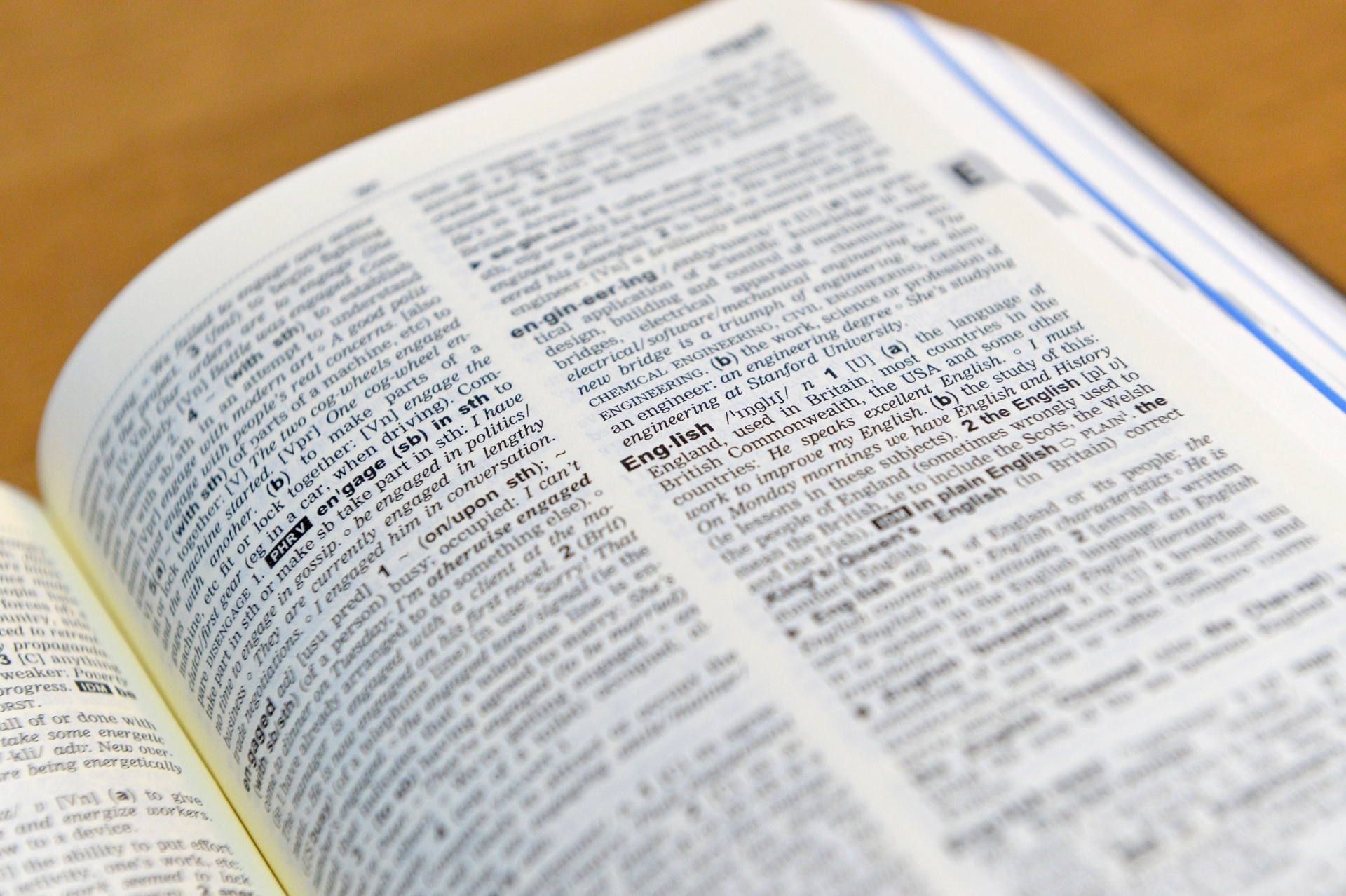Once Google translation was just funny…
I remove two eyes. No worries. I still keep them. The first sentence is one of the popular funny translation examples by Google for “I remove the second one” in Japanese. Seriously, it’s not only funny but also really good translation in a sense. I never imagined that before, but the translation example made me realize the Japanese sentence could be understood that way as well by intonation.
To tell the truth, I like to check such funny translation by Google because I can confirm the superiority of my translation skills over Google. However, I may not be able to keep chuckling to myself soon. The AI of the Google translation improves day by day at a terrific speed, and has already corrected most of the funny mistakes unfortunately.
Phonetic effects are important for product naming
AI progress is not limited to translation skills. I learn that AI can now develop successful package designs and even product naming. I can understand to some degree the effects of AI on package designs but couldn’t that on product names so much. The Japanese marketing common sense says storytelling is important for product naming, but some marketing research companies recently revealed phonetic effects are also important factors. One of the examples I found interesting is Gulliver’s Travel. The names of the dwarf and giant countries are Lilliput and Brobdingnag, respectively. According to an expert, the sound of “i” is associated with small things; “o” with big and heavy things. Jonathan Swift may subconsciously feel the phonetic effects of words.
There are some killer sounds for product names
Phonetic symbolism is the name of an academic field to study these phenomena. In fact, there already have been some applications to evaluate product names. AI probably calculates the best combination of word sounds from the large amounts of data. I also learn the sound of “b,” “d,” and “g” would be good for product names to make an impact. The names of our top-selling chairs are WING, TEN, KAMUY, and CHALLENGE. Unfortunately, they don’t include such killer sounds because we don’t have any advanced applications for product naming. The chairs may have been selling more if they had been named like “Bulldog.”

Shungo Ijima
He is travelling around the world. His passion is to explain Japan to the world, from the unique viewpoint accumulated through his career: overseas posting, MBA holder, former official of the Ministry of Finance.

